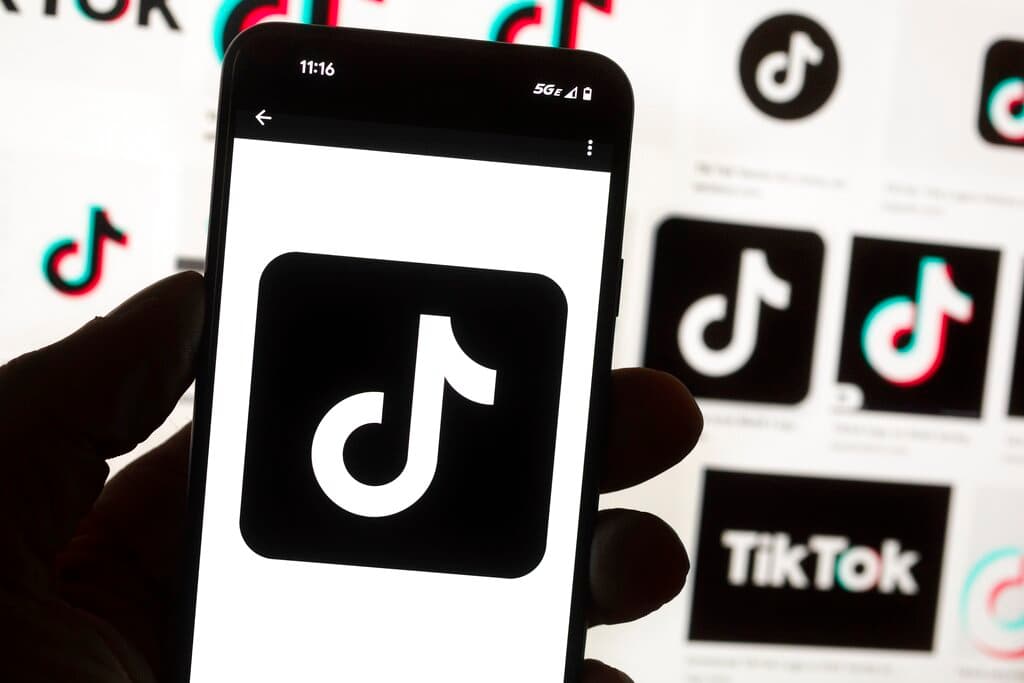Social Media Companies Decry Australia’s Ban on Children Under 16 Using Facebook, TikTok, Other Apps
Tech giants face hefty fines down under as new law aims to protect children’s online safety.

The Social Media industry has spoken out against a new national policy passed into law by the Australian Parliament that bans children under 16 from using apps like Facebook, X and TikTok.
Australia is the first country to ban young children from having social media accounts, with the platforms facing up to millions in fines if they don’t help enforce the new policy.
A login link has been sent to
Enter your email to read this article.
Get 2 free articles when you subscribe.

